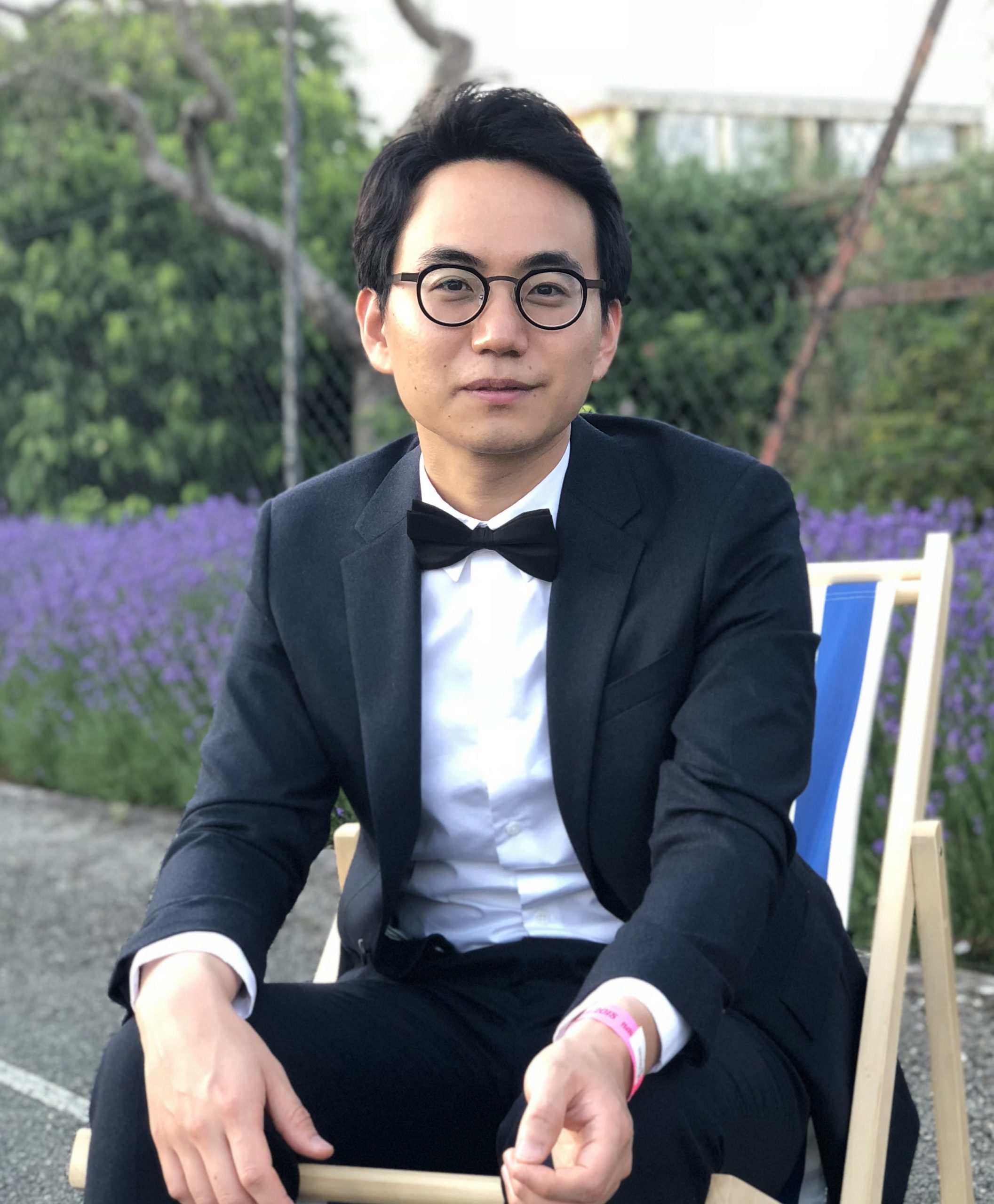Low Dimensional Nano-Materials for Solar Energy Harvesting
日期:2019/06/10 - 2019/06/10
学术讲座: Low Dimensional Nano-Materials for Solar Energy Harvesting
主讲人: Dr. Yuljae Cho, University of Cambridge
时间: 2019年6月10日 (周一)上午9-10点
讲座摘要
Energy harvesting is an energy conversion process that generates electrical energy by harnessing ambient environmental energy that otherwise would have been wasted. Energy harvesting technology has attracted increasing research interests in recent decades due to growing importance of green energy and needs for self-powered electronics. Solar cells in particular have been regarded as one of the most desirable environmental energy sources for their omnipresence and abundance. Although various approaches and materials have been developed to utilize on solar energy, current solar cell technology still far lags behind the theoretical limit of the solar cell efficiency, known as the Shockley–Queisser limit. There is large room to advance the solar cell technology in the future.
Given the significance and potential of solar energy harvesting, the seminar addresses one particular solar cell technology based on quantum dots (QDs) that are 2-10 nm-size semiconductor particles. The field of QDs is one of the major growing areas in the interdisciplinary field of physics, materials science, and electrical engineering. The seminar starts with a brief introduction to the unique physical properties of QDs, for example, i) bangap tunability, ii) facile, inexpensive, scalable synthesis method, iii) narrow emission bandwidths, and iv) high photostability. Then, it elaborates on the concepts and approaches of cutting-edge QD-based solar energy harvesting as well as hybrid energy harvesting technologies, drawing on my journal publications on this specific topic in the past five years. Finally, the seminar looks into the future potential of QD-based applications more broadly.
主讲人简介
 Yuljae Cho received his Bachelor degree in electrical engineering from the School of Electrical Engineering at the Korea University in 2013 and DPhil degree from the Department of Engineering Science at the University of Oxford in 2018. Following his DPhil degree, he was a postdoctoral researcher at the University of Oxford (2018 – 2019). Currently, he is a research associate in the Department of Engineering at the University of Cambridge. He has been participating in a number of projects funded by ERC (European Research Countil), EPSRC (Engineering and Physical Sciences Research Council, UK), and Huawei. He has extensive research experience in areas of nanomaterials, nano-electronics, nano-optoelectronics, and energy harvesting.
Yuljae Cho received his Bachelor degree in electrical engineering from the School of Electrical Engineering at the Korea University in 2013 and DPhil degree from the Department of Engineering Science at the University of Oxford in 2018. Following his DPhil degree, he was a postdoctoral researcher at the University of Oxford (2018 – 2019). Currently, he is a research associate in the Department of Engineering at the University of Cambridge. He has been participating in a number of projects funded by ERC (European Research Countil), EPSRC (Engineering and Physical Sciences Research Council, UK), and Huawei. He has extensive research experience in areas of nanomaterials, nano-electronics, nano-optoelectronics, and energy harvesting.
